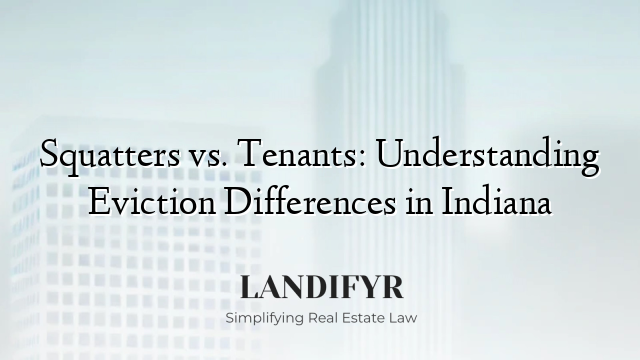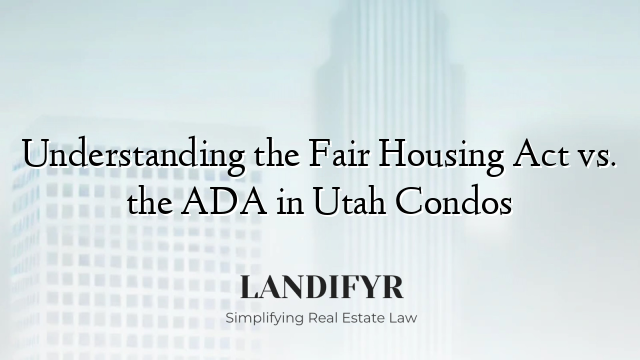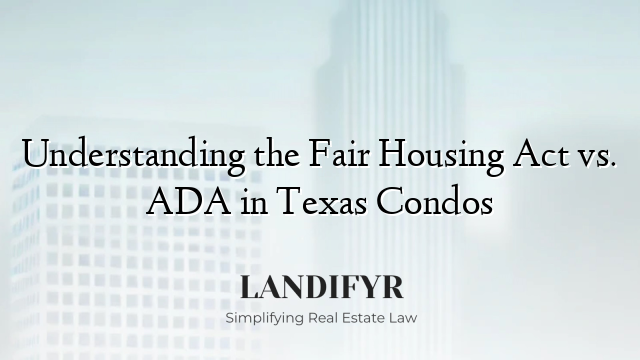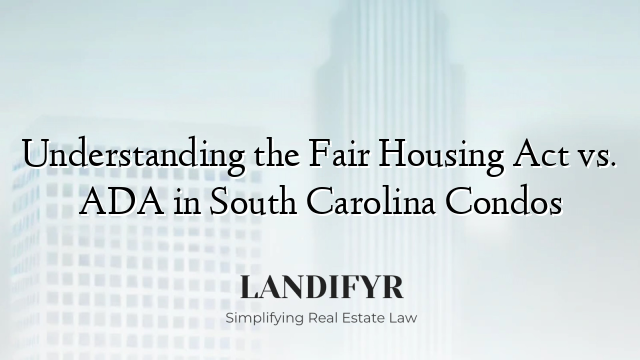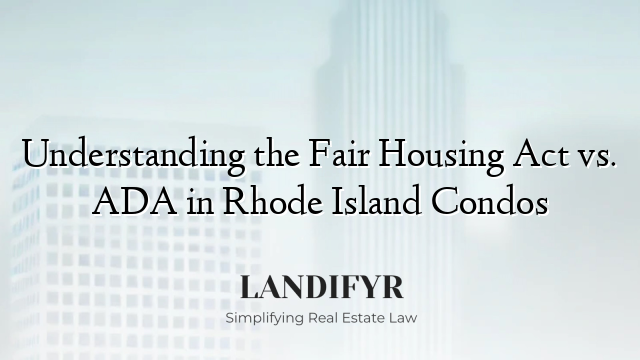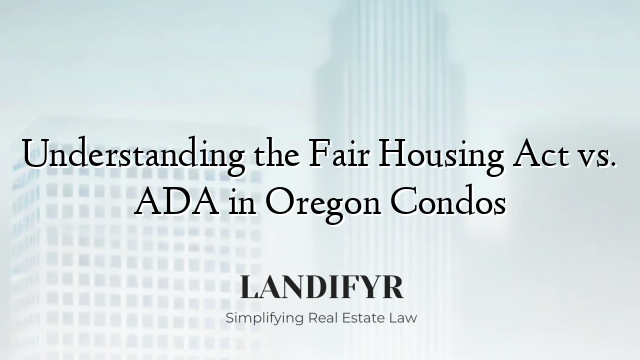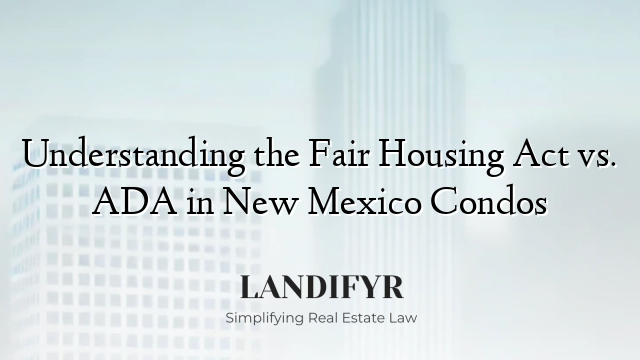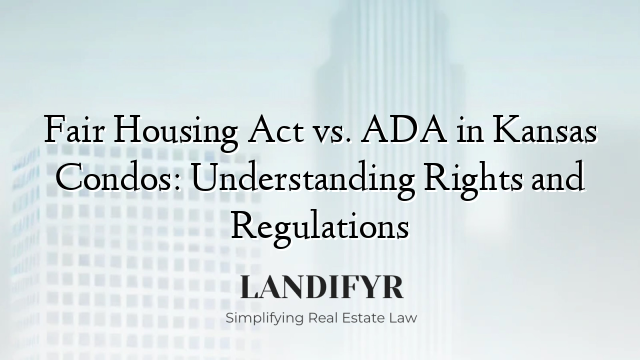Squatters vs. Tenants: Understanding Eviction Differences in Indiana
Introduction to the Concepts of Squatters and Tenants The legal landscape surrounding housing in Indiana frequently entails distinctions between squatters and tenants, two groups that occupy property under vastly different circumstances. A tenant is an individual who enters into a formal lease agreement with a landlord, granting them the right to reside in a rental … Read more
